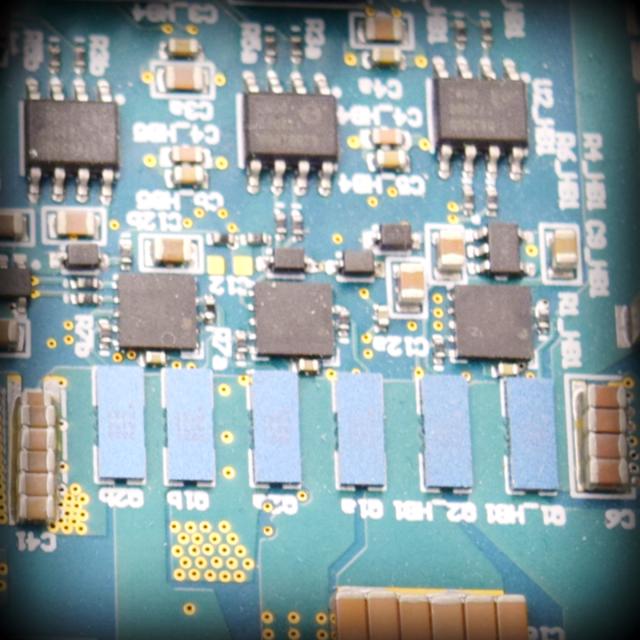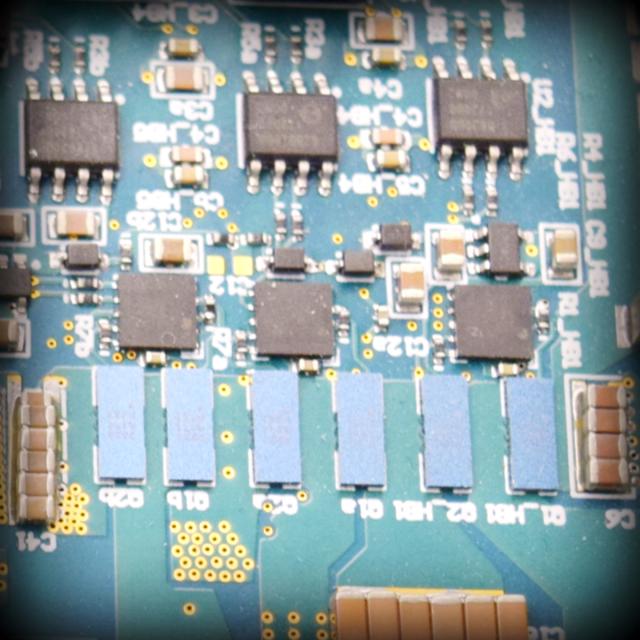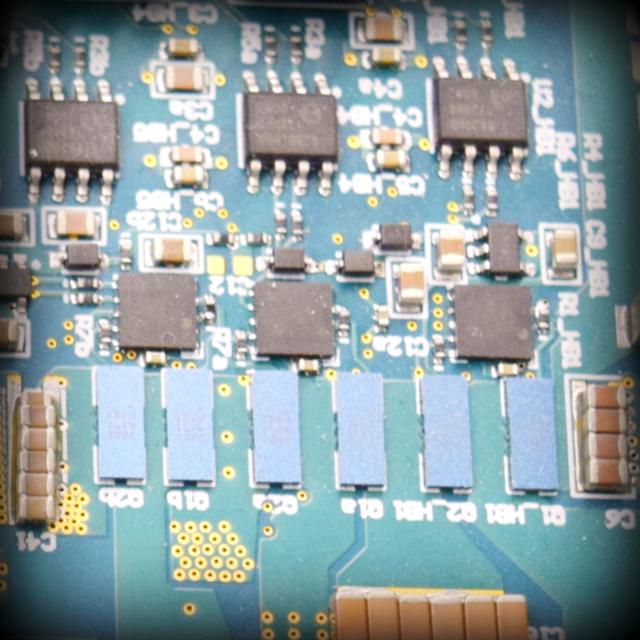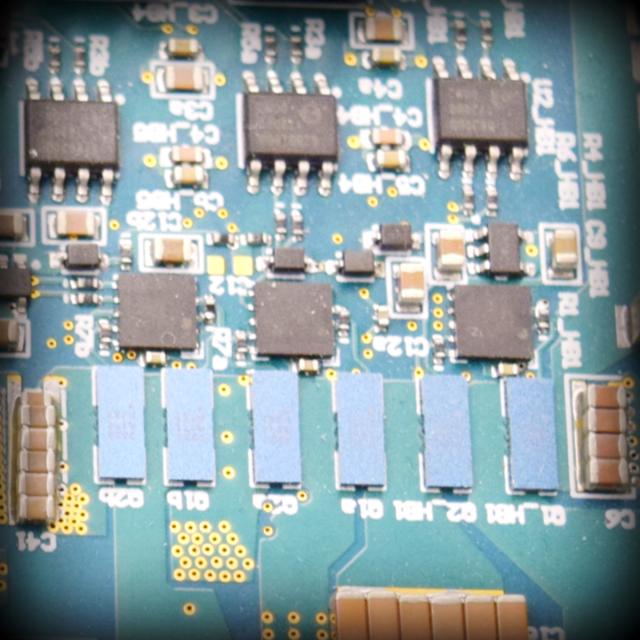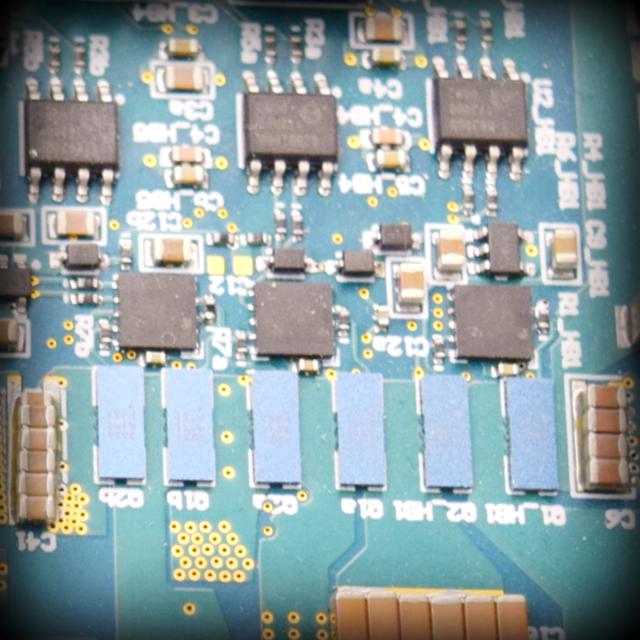Dragan Maksimovic
Prof. Dragan Maksimovic received his B.S. (1984) and M.S. (1986) degrees from the University of Belgrade (Serbia, Yugoslavia), and his Ph.D. degree from California Institute of Technology, Pasadena, in 1989. In 1992, he joined the University of Colorado at Boulder where he is currently a Charles V. Schelke Endowed Professor in the Department of Electrical, Computer and Energy Engineering. In 1998, with Prof. Robert W. Erickson, he co-founded the Colorado Power Electronics Center (CoPEC), and has since served as the CoPEC Co-Director. CoPEC research program in smart power electronics and digital control for high-frequency switched-mode power converters has attracted significant support from numerous industrial sponsors and agencies (NSF, DARPA, ARPA-E, DOE, ONR, DOEd). Prof. Maksimovic is also affiliated with the University of Colorado Renewable and Sustainable Energy Institute (RASEI). Prof. Maksimovic is a Fellow of the IEEE. He has published over 250 papers in journals and at professional conferences, and holds over 30 US patents. He co-authored the textbook Fundamentals of Power Electronics, 2nd edition, Springer 2001, and the textbook Digital Control of High-Frequency Switched-Mode Power Converters, Wiley-IEEE Press 2015. He received NSF CAREER Award in 1997, IEEE Power Electronics Society Transactions Prize Paper Award in 1997, IEEE Power Electronics Society Prize Letter Awards in 2009 and 2010, CU Boulder Inventor of the Year Award in 2006, the IEEE PELS Modeling and Control Technical Achievement Award for 2012, Bruce Holland Excellence in Teaching Awards in 2004 and 2011, Charles Hutchinson Memorial Teaching Award for 2012, and the 2013 Boulder Faculty Assembly Excellence in Teaching Award. He currently serves as a co-Chair of the IEEE PELS Technical Committee on Power Conversion Systems and Components, as an IEEE PELS Distinguished Lecturer, as an Associate Editor for the IEEE Transactions on Power Electronics, and as an Editor for the IEEE Journal of Emerging and Selected Topics in Power Electronics. He served as the General Chair of IEEE COMPEL 2010. His current research interests include power electronics for renewable energy sources and energy efficiency, high frequency power conversion using wide bandgap semiconductors, digital control of switched-mode power converters, as well as analog, digital and mixed-signal integrated circuits for power management applications.

